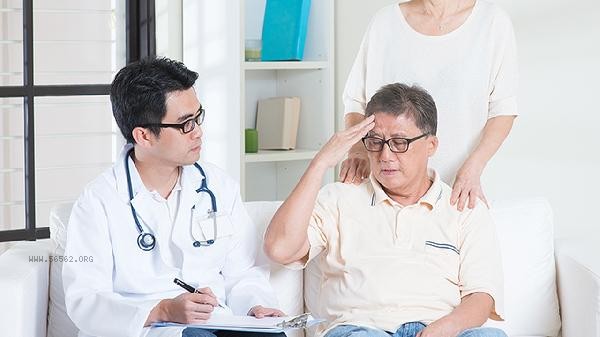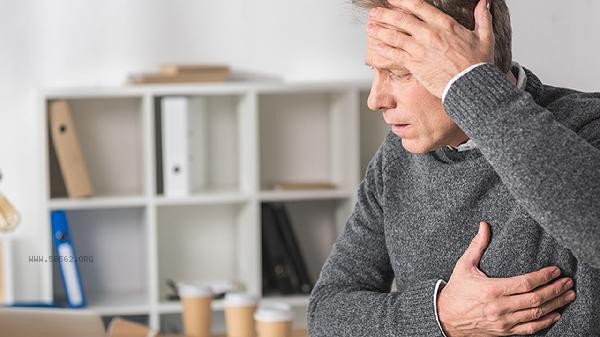Whether high blood pressure can be lowered without medication depends on the degree and cause of the increase in blood pressure. Mild hypertension may be effective through lifestyle adjustments, while moderate to severe hypertension usually requires medication treatment. The methods of controlling blood pressure include dietary adjustments, exercise, stress reduction, and medication treatment.

1. Dietary adjustments play a crucial role in controlling blood pressure. Reducing salt intake is the primary step, and daily salt intake should be controlled below 5 grams. Increasing potassium rich foods such as bananas, spinach, and potatoes can help balance the sodium potassium ratio in the body and lower blood pressure. Eating more fiber rich foods such as whole grains, vegetables, and fruits can help maintain healthy weight and blood pressure levels. Regular exercise has a significant effect on reducing blood pressure. Engage in at least 150 minutes of moderate intensity aerobic exercise per week, such as brisk walking, swimming, or cycling. Strength training twice a week can help enhance cardiovascular function. Exercise not only helps to lose weight, but also improves vascular elasticity and lowers blood pressure. 3. Stress reduction is also an important method for controlling blood pressure. Long term stress can lead to elevated blood pressure, and learning relaxation techniques such as deep breathing, meditation, and yoga can help alleviate stress. Maintaining sufficient sleep, 7-8 hours per night, helps to maintain normal blood pressure levels. Establish healthy lifestyle habits and avoid staying up late and overworking.
4. For patients with moderate to severe hypertension, drug therapy is necessary. Common antihypertensive drugs include diuretics, ACE inhibitors, and calcium channel blockers. Diuretics increase urine excretion, reduce fluid volume in the body, and lower blood pressure. ACE inhibitors relax blood vessels and lower blood pressure by inhibiting angiotensin-converting enzyme. Calcium channel blockers prevent calcium from entering the heart and vascular cells, relax blood vessels, and lower blood pressure. Whether high blood pressure can be lowered without medication depends on the specific situation. Mild hypertension may be effective through lifestyle adjustments, while moderate to severe hypertension usually requires medication treatment. It is recommended to regularly monitor blood pressure and adjust treatment plans in a timely manner to ensure that blood pressure is controlled within the normal range.











Comments (0)
Leave a Comment
No comments yet
Be the first to share your thoughts!